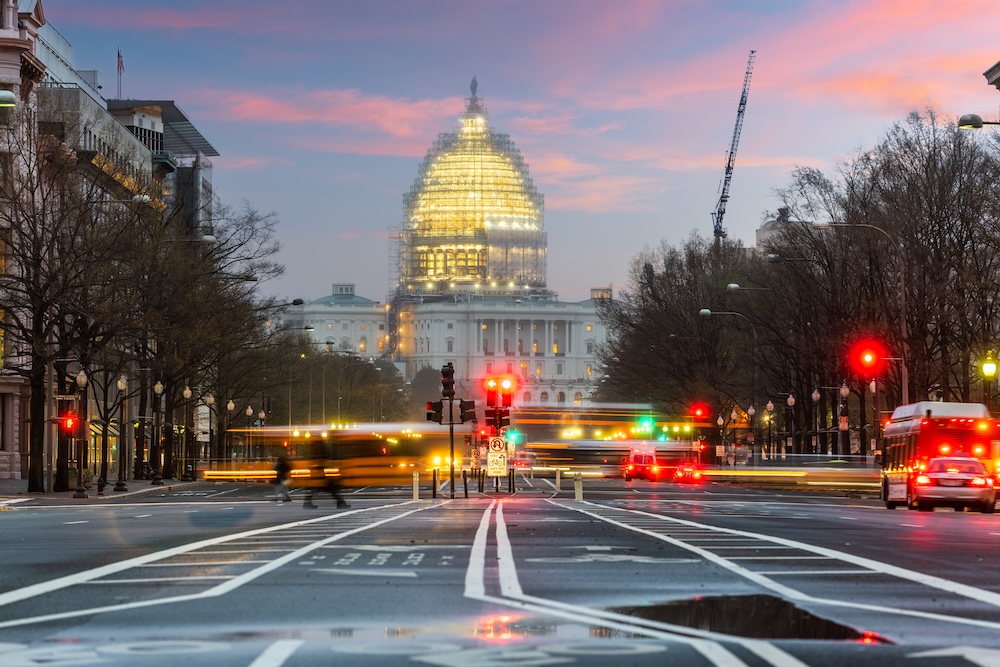Why This Matters Now
As of late September 2025, the United States is staring down the possibility of a partial government shutdown. If lawmakers don’t reach an agreement, parts of the federal government will close. That may sound like political theater in Washington — but for everyday people, the effects reach far beyond Capitol Hill.
A shutdown isn’t just about headlines. It affects paychecks, benefits, travel, financial data, even the speed of your tax refund. Whether you’re living paycheck to paycheck, freelancing, or saving for a home, the question is simple: how will this impact your daily finances — and what can you do to prepare?
What a Government Shutdown Actually Means
A shutdown happens when Congress fails to pass a budget or stopgap funding bill. Without it, federal agencies can’t spend money. Some services stay open because they’re deemed “essential” — think Social Security payments or TSA screeners. But many others slow down, shut down, or operate with skeleton staff.
This creates ripple effects that ordinary households feel almost immediately:
- Federal employees and contractors may go unpaid.
- Small businesses waiting on government loans can face delays.
- National parks may close, cutting off tourism income for local communities.
- Data agencies like the Bureau of Labor Statistics may pause reports, leaving markets and households in the dark about inflation, jobs, and wages.
How a Shutdown Hits Everyday People
Federal Workers & Contractors
Roughly 2 million federal employees and 1.3 million active-duty military members depend on government paychecks. In a shutdown, many employees are furloughed (temporarily unpaid), while others must work without pay until funding is restored. Contractors — from cafeteria workers to IT consultants — often don’t get back pay at all.
What you can do if this is you:
- Prioritize essentials. Cover housing, food, utilities, and healthcare first.
- Call your creditors. Many lenders offer hardship deferrals during shutdowns.
- Tap community resources. Food banks, utility assistance, and nonprofit programs often surge help during shutdowns.
Benefits & Safety Nets
- Social Security and Medicare: Payments generally continue, but customer service and new applications may be delayed.
- SNAP (food stamps): Short-term funding may cover benefits, but extended shutdowns risk disruption.
- Tax refunds: Filing still works, but IRS staffing cuts could delay processing and refunds.
Tip: If you’re counting on a tax refund or benefit renewal this fall, plan for possible delays. Don’t budget around money you don’t yet have.
Small Business Owners
If you’re a small business owner relying on SBA loans, government-backed financing could freeze. Exporters may face hiccups with trade approvals. Local contractors tied to federal projects may see payments delayed.
Action steps:
- Line up alternative financing (credit union, community development financial institutions).
- Push invoices early if you contract with federal agencies.
- Cut nonessential expenses until payments stabilize.
Gig Workers & Hourly Employees
Even if you don’t work for the government, shutdowns ripple outward. Contractors who lose pay may cut back on spending, lowering demand for ride-shares, food delivery, or service jobs. Tourism around national parks and museums dries up, hurting local restaurants and gig workers.
If you depend on this income:
- Look for temporary shifts in unaffected sectors (retail, warehouse, healthcare support).
- Keep receipts for any income loss — you may qualify for emergency relief if Congress authorizes back-pay programs.
Housing, Loans & Credit
Shutdowns often move markets. Interest rates may swing as investors react to missed economic data. Mortgage approvals tied to IRS income verification can get stuck. FHA/VA loan processing may slow, affecting first-time buyers and veterans.
Advice if you’re in the middle of buying/refinancing:
- Ask lenders about alternative verification options.
- Prepare for delays; lock rates early if possible.
- Have backup housing plans if closing dates shift.
Data Blackouts & Job Reports
Shutdowns pause reports from agencies like the Bureau of Labor Statistics (jobs data) and the Bureau of Economic Analysis (GDP reports). That means Wall Street, employers, and policymakers are flying partly blind.
For households, that matters because these reports drive interest rate decisions. If the Federal Reserve has less data, markets may get volatile. And volatility trickles down into credit card rates, car loans, and mortgage costs.
What You Can Do Right Now
No matter your financial situation, here’s a simple checklist to reduce the shock:
If You’re Living Paycheck to Paycheck
- Stock your pantry with basics now, before SNAP or income disruptions ripple through.
- Contact service providers (cell, internet, utilities) and ask about hardship policies.
- Build a mini emergency fund — even $50–$100 set aside helps cushion missed days of work.
If You’re Freelancing or Gig Working
- Diversify gigs: Add a platform or side hustle that isn’t tied to travel or tourism.
- Invoice quickly: Shorten your billing cycle so money hits your account sooner.
- Track every dollar: Apps like Mint or open-source budgeting spreadsheets help keep visibility.
If You’re Middle Class with Loans or Mortgages
- Call your lender if you’re mid-approval — ask what verification they need and if a shutdown will stall it.
- Lock interest rates if you’re close to closing.
- Pause big purchases until markets stabilize post-shutdown.
If You’re Retired or on Benefits
- Expect delays in service lines, but core checks (Social Security, Medicare) will still arrive.
- Fill prescriptions early in case call centers or approvals back up.
- Check Medicare Advantage enrollment deadlines — if those overlap with a shutdown, confirm alternate ways to file.
Thinking Bigger: Why This Cycle Matters
Shutdowns aren’t just political games — they create instability that everyday households end up paying for. Each time government workers miss paychecks, each time small businesses can’t access SBA funds, each time inflation data isn’t released on time — people lose confidence.
That confidence gap makes it harder for families to plan, invest, or even believe in a fair system. And when uncertainty becomes the norm, the financial burden falls heaviest on those who already live closest to the edge.







